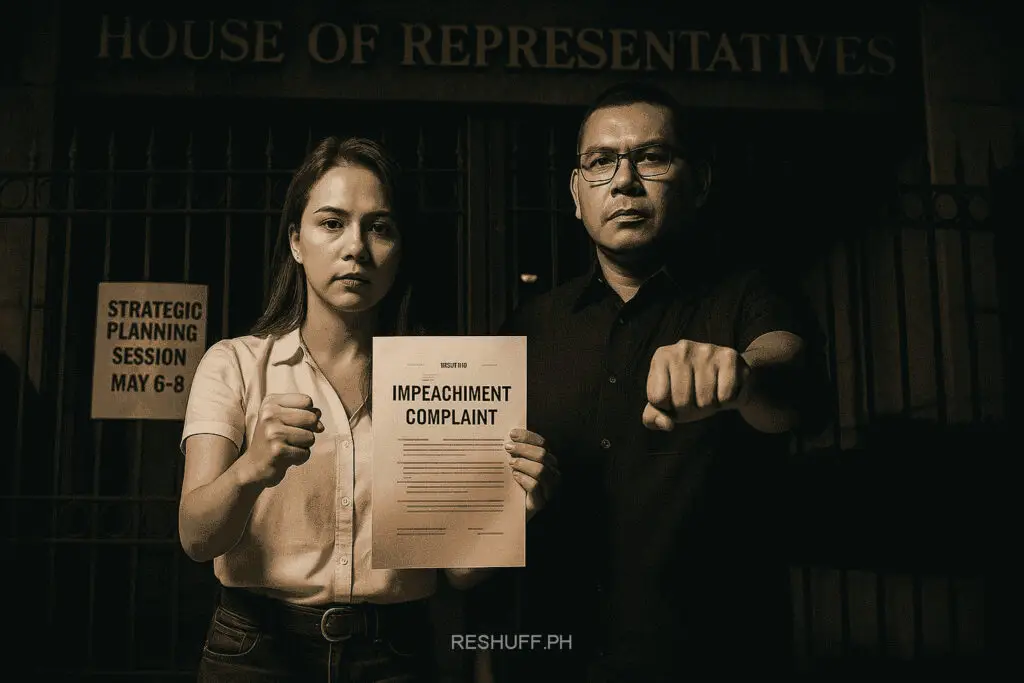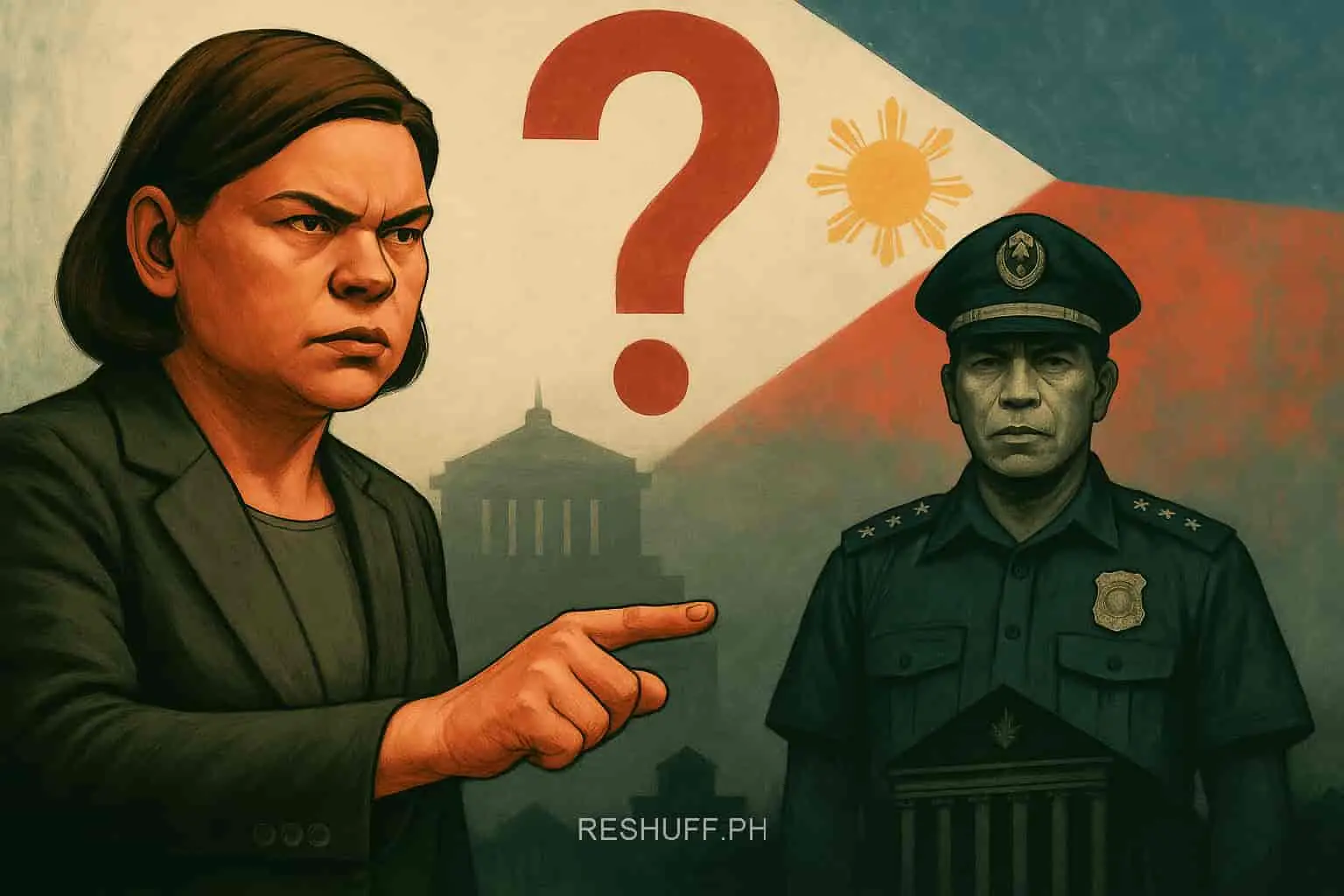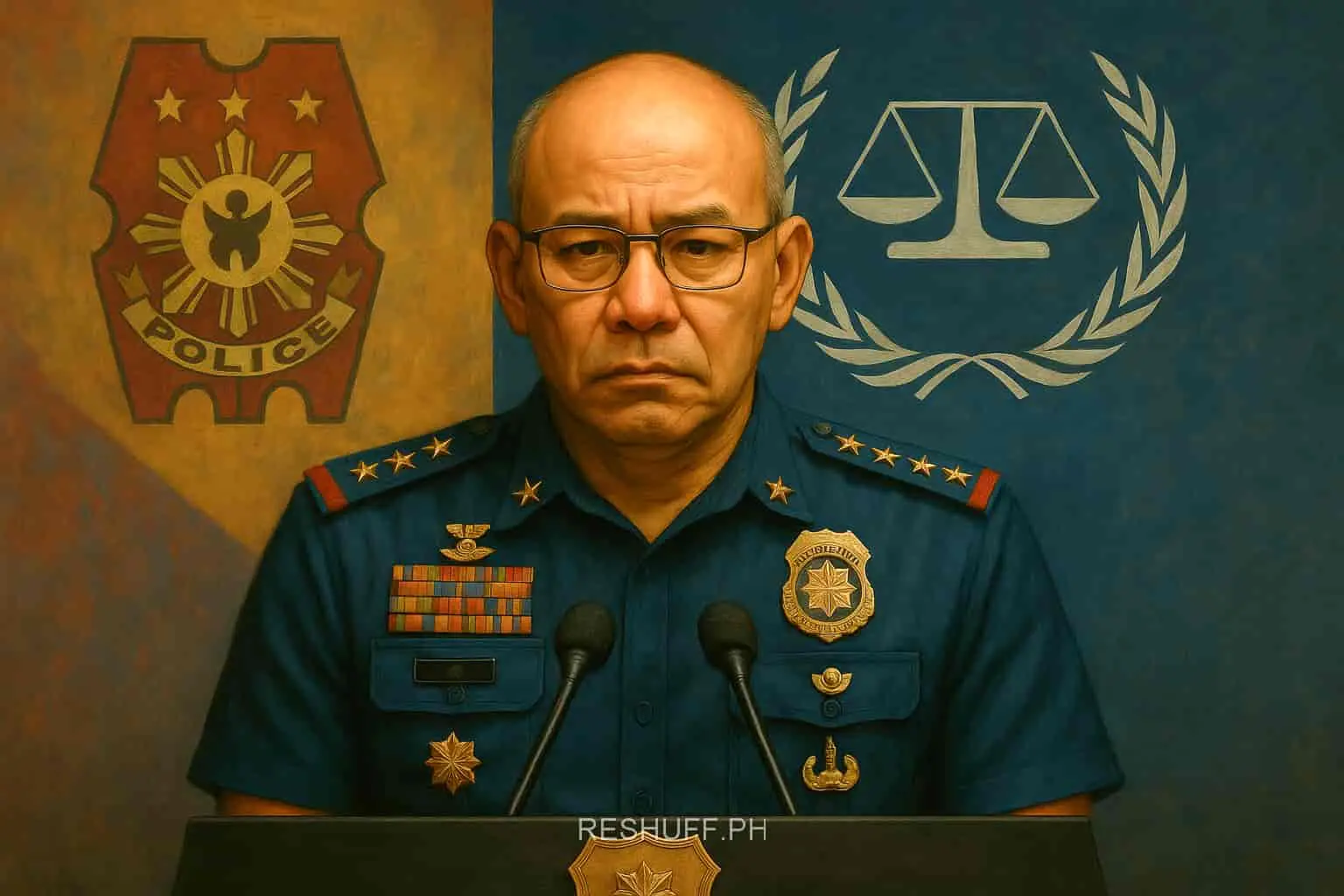In a dramatic twist in Philippine politics, a whisper of dissent turned into a bold challenge on Thursday, May 8, 2025. Allies of former President Rodrigo Duterte stormed the House of Representatives, aiming to impeach President Ferdinand Marcos Jr. They accused him of orchestrating Duterte’s “illegal arrest and transfer” to the International Criminal Court (ICC) to face charges of crimes against humanity. But their fiery resolve met an unexpected roadblock: a locked door and a sign announcing a strategic planning session.
A Stalled Power Play
Ronald Cardema, a former party-list representative, and his wife, Duceille Marie Cardema, arrived at the Batasang Pambansa complex at 3:20 p.m., clutching a 24-page impeachment complaint. Their mission was clear: hold Marcos accountable for what they called a “culpable violation of the Constitution and betrayal of public trust.” But the Office of the Secretary General, the only place authorized to receive such a document, was closed. A notice on the door read that the office was holding a strategic planning session from May 6 to 8, and with the complex shuttered on Fridays, the Cardemas left empty-handed.
“They told us only the Secretary General could receive it,” Ronald Cardema said in a statement, frustration evident. “It’s a ministerial duty for any government office to accept documents.” The couple argued that House rules don’t require the head of the office to personally receive complaints, but their pleas went unheard.
The Heart of the Complaint
The impeachment bid hinges on Duterte’s arrest on March 11, 2025, when Philippine authorities, acting on an Interpol warrant, detained the former president and sent him to The Hague. The ICC accuses Duterte of crimes against humanity, including murder, tied to his brutal “war on drugs” from 2011 to 2019. The Cardemas claim Marcos had no right to allow this, pointing to the Philippines’ withdrawal from the ICC’s Rome Statute in 2019.
“It’s not the President’s job to decide if an international warrant is valid,” the complaint reads. “That’s for Philippine courts.” They argue Marcos “ceded sovereign control” to a foreign body, violating the Constitution and betraying the Filipino people. The document, meant to be endorsed by Ronald’s sister, Duterte Youth representative Drixie Mae Cardema, paints Marcos’s actions as a dangerous precedent.
The Palace Fights Back
Malacañang has stood firm, insisting Duterte’s arrest was above board. “We honored our commitment to Interpol, not the ICC,” a Palace statement clarified, citing Section 17 of Republic Act No. 9851. This law allows authorities to surrender suspects to international courts or states under applicable treaties. The government argues the arrest complied with Philippine law, dismissing the impeachment as baseless.
House Speaker Martin Romualdez, speaking in Tacloban City on Thursday night, downplayed the attempt. “Congress isn’t in session, so nothing can happen yet,” he said (Inquirer.net). He noted the Office of the Secretary General was in a seminar, and any complaint would wait until Congress reconvenes on June 2, 2025. The 19th Congress is set to adjourn on June 13, leaving a narrow window for action.
A Nation Divided
The impeachment attempt is more than a legal skirmish—it’s a symptom of a fractured political landscape. The Marcos and Duterte families, once united in the 2022 elections under the “UniTeam” banner, are now bitter rivals. Vice President Sara Duterte, Rodrigo’s daughter, faces her own impeachment trial in July 2025, accused of corruption and even plotting against Marcos (Al Jazeera). Her public condemnation of her father’s arrest as “an affront to our sovereignty” has galvanized Duterte loyalists.
Legal experts are split on the arrest’s legitimacy. Former Executive Secretary Salvador Medialdea insists Duterte should have faced Philippine courts first, arguing the arrest bypassed national jurisdiction (Brookings). But retired Associate Justice Antonio Carpio counters that RA 9851 justifies the arrest, as it aligns with laws against genocide and crimes against humanity (Inquirer.net). The 2021 Supreme Court ruling that the Philippines retains some ICC obligations further complicates the debate.
A Global Spotlight
Duterte’s arrest marks a historic moment: he’s the first Asian former head of state charged by the ICC (Al Jazeera). Human rights groups hailed it as “a long-overdue victory against impunity” (Human Rights Watch). Yet, the impeachment attempt underscores deep divisions over national sovereignty. “This is a blatant insult to every Filipino who believes in our independence,” Sara Duterte said, echoing sentiments that resonate with many (Lowy Institute).
The ICC maintains jurisdiction over crimes committed before the Philippines’ withdrawal, a stance supported by international legal experts (Washington Post). But for Duterte’s allies, the arrest is a betrayal, and Marcos is the culprit.
What Lies Ahead
With Congress on break, the impeachment saga is paused, but the political storm is far from over. The Cardemas vow to refile their complaint, and the Duterte camp shows no signs of backing down. Meanwhile, Marcos faces pressure to address human rights concerns while navigating a volatile political landscape (Human Rights Watch).
As the Philippines grapples with its place in the global arena, this clash of titans—Marcos, Duterte, and the ICC—promises more twists. For now, the locked doors of Batasang Pambansa stand as a symbol of a nation at a crossroads, where loyalty, law, and power collide.
Reshuff PH
Latest News In The Philippines brought to you by Reshuff PH




